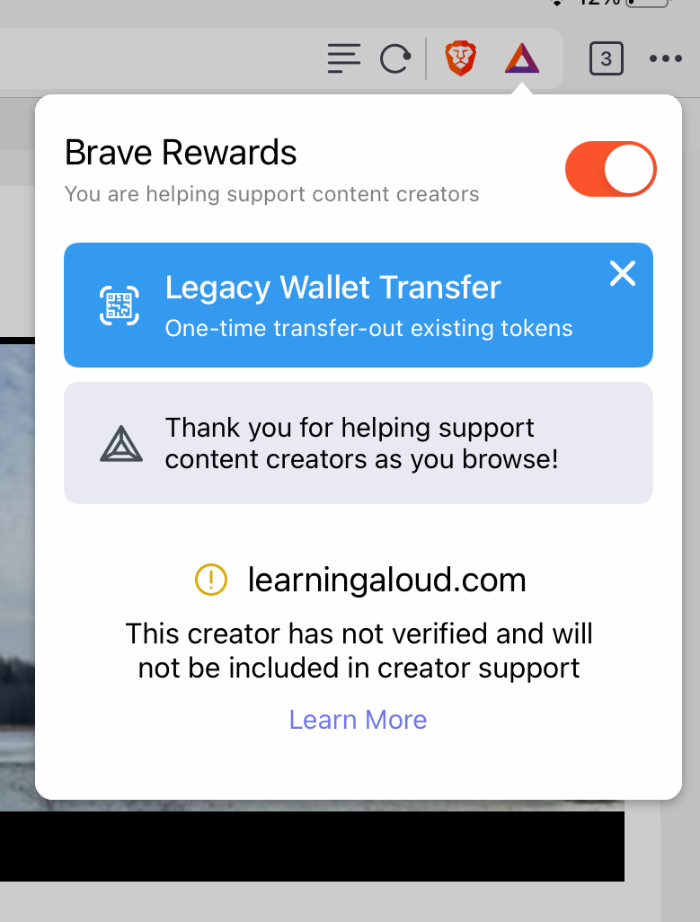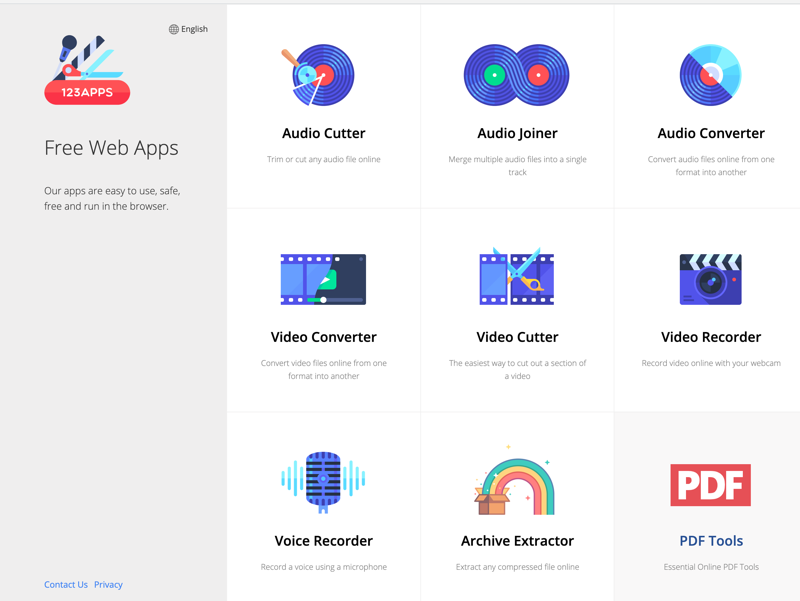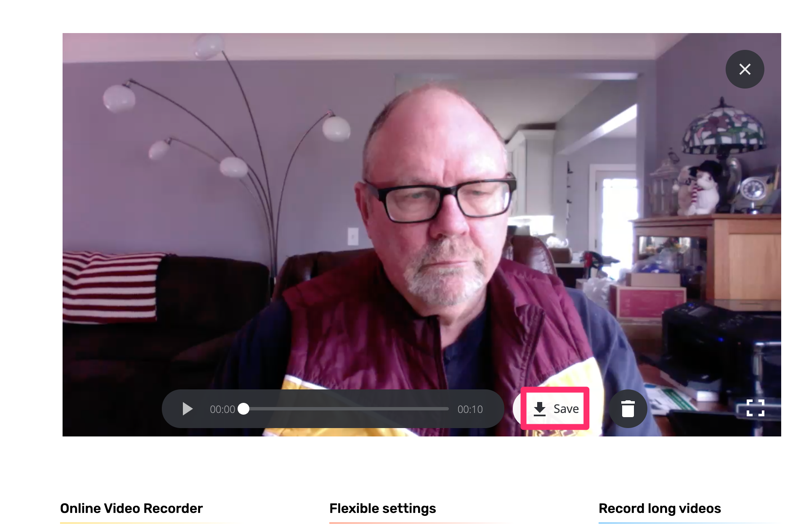I have been a Brave browser and ecosystem convert for a long time. Brave, which is built with Chrome and allows most Chrome extensions, blocks traditional ads and the collection of personal information that goes along with these ads, but allows user to substitute the viewing of ads provided through Brave without the collection of personal information and encourages the compensation of content creators with part of the money it collects from those who offer the ads. Technically, you can view these ads and collect compensation from Brave yourself, but the amount available is small and I turn around whatever I would be compensated to support content creators.

Apple claims that this approach when used within the iOS violates Apple’s tasks for cash provision and is forcing to remove the method for compensating the user and/or the content creator from apps sold through the app store. For all practical purposes this eliminates iPhones and iPads. You can continue to participate from a desktop or laptop. This seems a significant stretch to me, but I guess Brave takes 30% of this revenue to fund its own personnel and infrastructure costs. The Apple policy would also seem to run contrary to Apple’s promotion of personal privacy and I have long thought the Brave approach was a great compromise – personal privacy and a reward to support content creators. I wonder if Apple would allow the present iOS app if Brave sold it for $4 instead of giving it away




You must be logged in to post a comment.